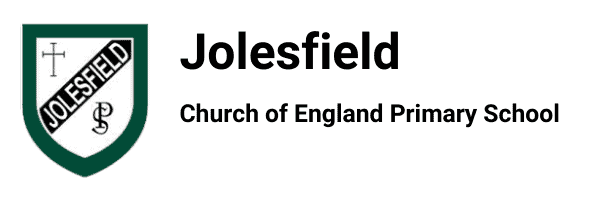Early Reading
HomeEarly Reading
CURRICULUM
LATEST POSTS
Early Reading
In Early Years and Key stage one, we teach children to read through reading practice sessions four times a week using the Big Cat fully decodable texts.
These:
- are taught by a fully trained adult to small groups of approximately six children
- use books matched to the children’s secure phonic knowledge using the Little Wandle Letters and Sounds Revised assessments and book matching grids on pages 11–20 of ‘Application of phonics to reading’
- are monitored by the class teacher, who rotates and works with each group on a regular basis.
Each reading practice session has a clear focus, so that the demands of the session do not overload the children’s working memory. The reading practice sessions have been designed to focus on three key reading skills:
- decoding
- prosody: teaching children to read with understanding and expression
- comprehension: teaching children to understand the text.
In Reception these sessions start in Week 4. Children who are not yet decoding have daily additional blending practice in small groups, so that they quickly learn to blend and can begin to read books.
In Year 2 and in to key stage 2, we continue to teach reading in this way for any children who still need to practise reading with decodable books.
As the children move from the fully decodable texts in Year 2&3 they read in a daily reading group four sessions per week with texts recommended by West Sussex SLS. They are encouraged to borrow an ‘easy reader’ from the school library to read at home.
Home Reading
The decodable reading practice book is taken home to ensure success is shared with the family.
Reading for pleasure books also go home for parents to share and read to children.
Additional reading support
Children in Reception and Year 1 who are receiving additional phonics Keep-up sessions read their reading practice book to an adult daily.
Additional age appropriate texts are available for any children from Year 3-6 who require additional phonics/reading support. These have been selected due to their age appropriate content alongside the fully decodable text.
Children in Year 2 to 6 are assessed through their teacher’s ongoing formative assessment as well as through the half-termly Little Wandle Letters and Sounds Revised summative assessments if they are receiving additional phonics/ reading support.
Ensuring consistency and pace of progress
Every teacher in our school has been trained to teach reading, so we have the same expectations of progress. We all use the same language, routines and resources to teach children to read so that we lower children’s cognitive load.
The Reading Leader and SLT regularly monitor and observe teaching; they use the summative data to identify children who need additional support and gaps in learning.
Reading for pleasure
‘Reading for pleasure is the single most important indicator of a child’s success.’ (OECD 2002)
‘The will influences the skill and vice versa.’ (OECD 201
- We value reading for pleasure highly and work hard as a school to grow our Reading for Pleasure pedagogy.
- We read to children every day. We choose these books carefully as we want children to experience a wide range of books, including books that reflect the children at Jolesfield and our local community as well as books that open windows into other worlds and cultures.
- Every classroom has an inviting book corner that encourages a love for reading. We curate these books and talk about them to entice children to read a wide range of books.
- In Reception, children have access to the reading corner every day in their free flow time and the books are continually refreshed.
- Children from Reception onwards have a home reading record. The parent/carer records comments to share with the adults in school and the adults will write in this on a regular basis to ensure communication between home and school.
- The school library is made available for classes to use at protected times.Children across the school have regular opportunities to engage with a wide range of Reading for Pleasure events (book fairs, author visits and workshops, national events etc).
- All classes are read during the day
- Quality texts are selected and used to enhance children’s learning where possible in all curriculum areas
CONTACT US
For all queries please contact Natalie Saunders or Debbie Smith in the school office on:
- (01403) 710546
- office@jolesfieldschool.co.uk
- Littleworth Lane, Partridge Green, West Sussex. RH13 8JJ

